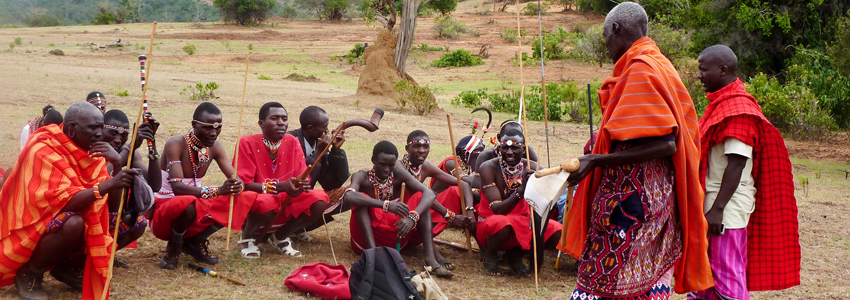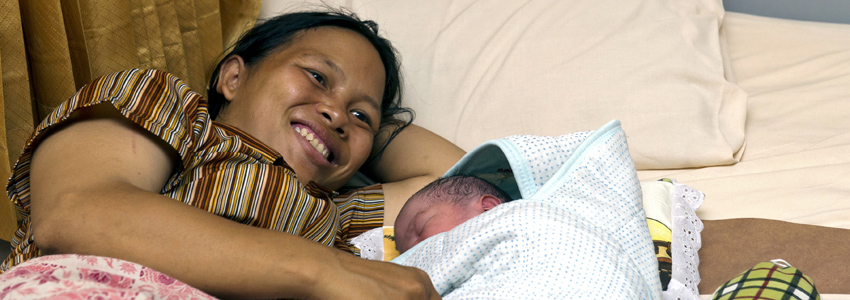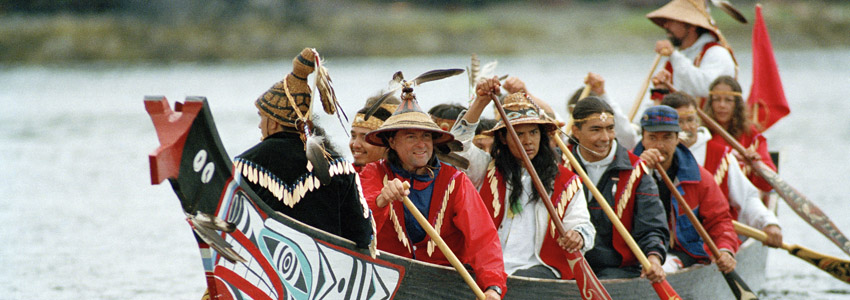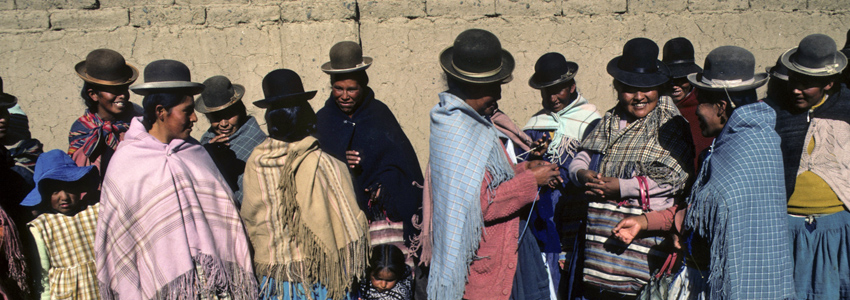
Indigenous peoples - indigenous women and girls, in particular - face many difficulties to access quality education. Developing tailored, culturally and linguistically appropriate educational programmes for indigenous learners should be a priority.

Traditional occupations, skills and knowledge are assets, which can provide a basis for self-employment, and creation of enterprises and cooperatives.

Many of the most widespread causes of mortality among indigenous children are preventable, such as malnutrition, diarrhea, parasitic infections, and tuberculosis.

Many indigenous peoples remain extremely vulnerable to land grabbing, forced displacement, and involuntary resettlement in contexts where their customary practices are not fully recognized.

The participation of indigenous peoples at the United Nations has enabled them to work together peacefully and in partnership with States to advance their issues and rights.

Increased access to family planning, skilled birth attendants and emergency obstetric care have proven to be amongst the most cost-effective interventions to improve the maternal and sexual health of indigenous women and girls.

The vast majority of the world's genetic resources are found on indigenous peoples’ lands, and their specialized livelihood practices and traditional ecological knowledge contribute significantly to low-carbon sustainable development, biodiversity conservation, sustainable use of biodiversity and maintaining genetic diversity.

